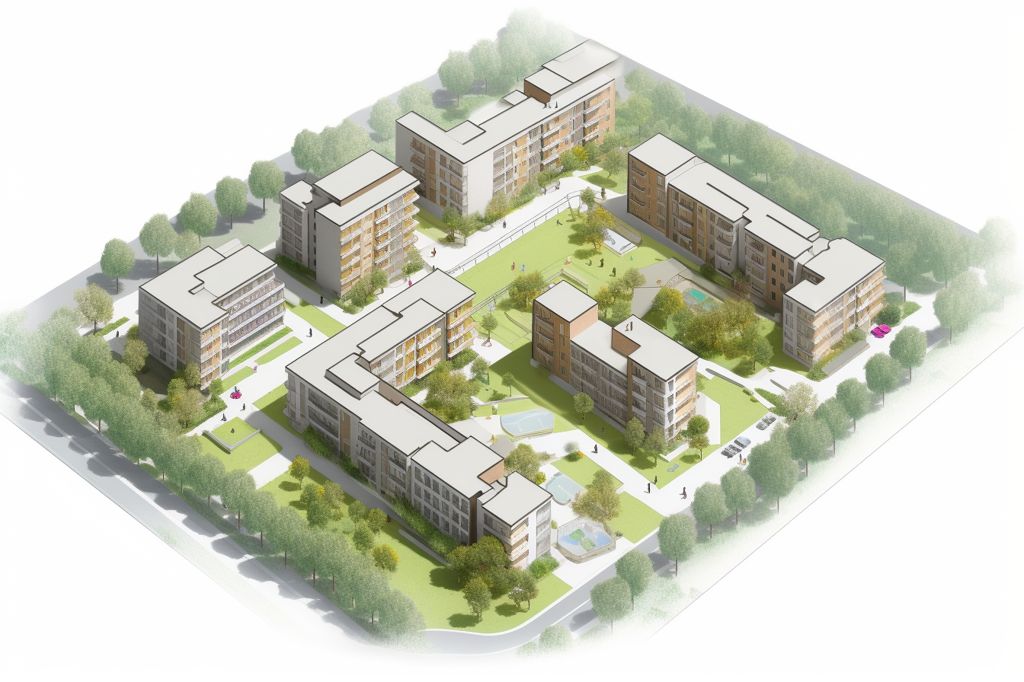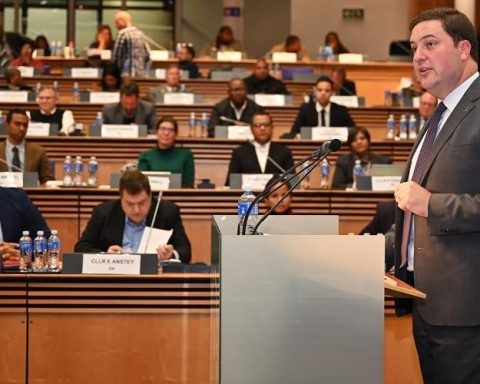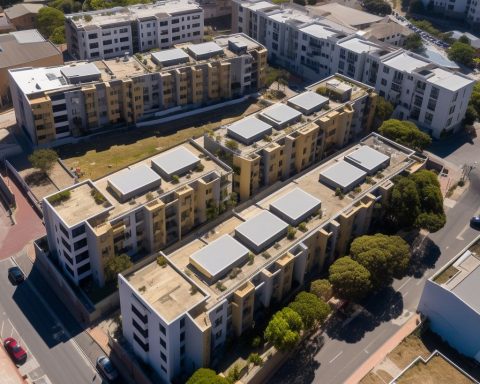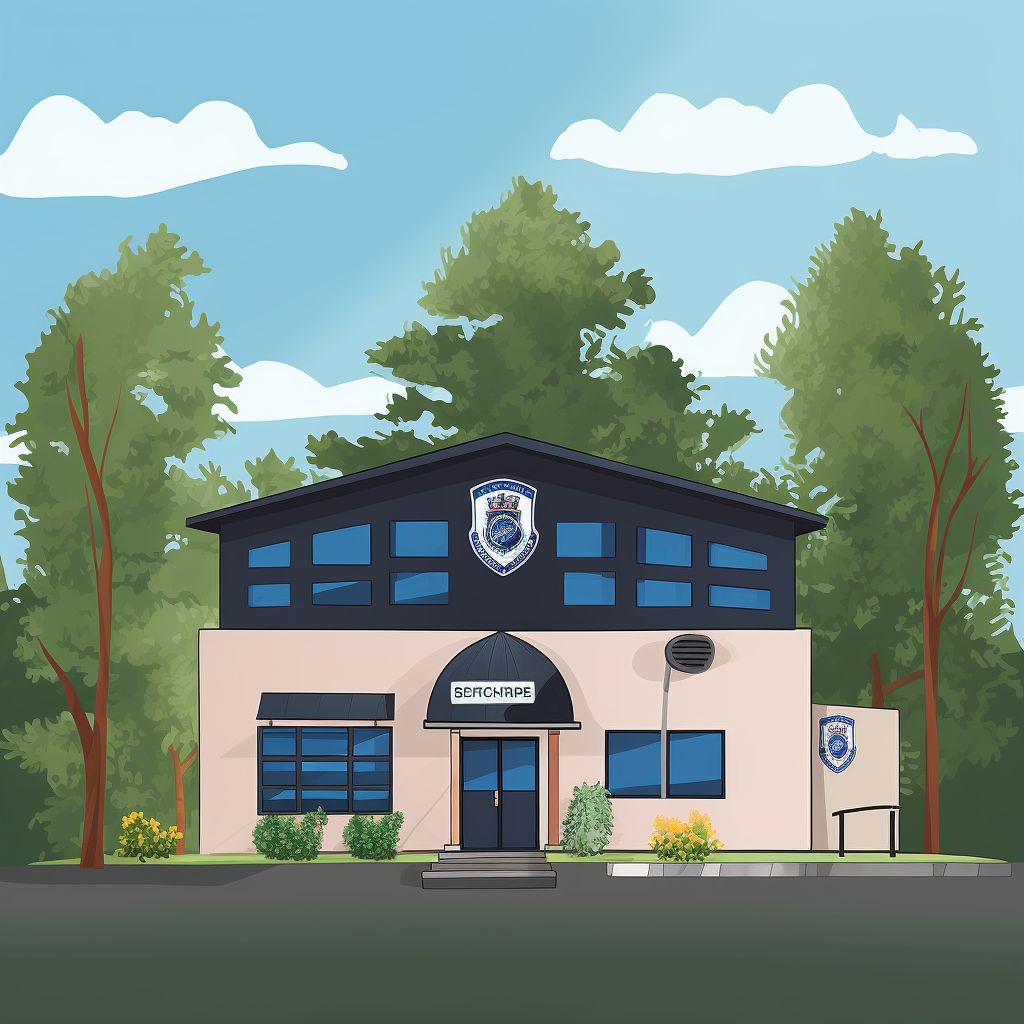On May 26th, 2023, the Lufhereng Social Housing Project was launched in South Africa’s Gauteng Province, with the aim of achieving a significant milestone towards integrated communities in Soweto. The project was inaugurated by the Minister of Human Settlements, Mmamoloko Kubayi, Deputy Minister Pam Tshwete, the Gauteng MEC of Human Settlements and Infrastructure Development, and the City of Johannesburg MMC for Housing, Cllr Anthea Leitch.
Addressing Housing Backlog and Promoting Economic Opportunities
The Lufhereng Social Housing Project was designed to address the prevalent housing backlog in South Africa, with the primary objective of integrating mixed-income groups. It aims to bring people who reside in backyard and informal settlements closer to economic opportunities, thereby disrupting the pre-1994 apartheid spatial configuration that continues to plague South African society.
Rental Housing Stock for Soweto Region D
The Lufhereng Social Housing Project spans a total of 407 units, which offer rental housing stock to the residents of Soweto Region D and its surrounding areas. It emphasizes the significance of social housing in meeting the needs of the gap market, attracting private sector investments, and fostering cohesive and integrated communities.
Transforming Lives through Access to Quality Housing
Located in Erf 2136 Lufhereng Ext 1, Motswiri Street, the Lufhereng Social Housing Project reflects the government’s commitment to addressing housing-related challenges in South Africa. By aiming to provide affordable housing options to the gap market, it holds the potential to transform the lives of residents who have been living in less-than-desirable conditions. Additionally, by providing access to quality housing options near employment opportunities, the project also helps to alleviate poverty and promote socioeconomic growth in the community.
Fostering Unity and Social Inclusion
Inclusive and sustainable urban development is at the core of the Lufhereng Social Housing Project. It is a step towards creating a more equitable society in South Africa, addressing the deeply rooted issue of apartheid-era spatial planning that has resulted in stark divisions among different income groups and races. By integrating mixed-income groups within a single housing project, the Lufhereng Social Housing Project fosters a sense of unity and social inclusion.
A Positive Step towards Equitable and Inclusive South Africa
The launch of the Lufhereng Social Housing Project is a clear indication of the government’s commitment to improving the living conditions of underprivileged citizens. It provides affordable and quality housing options to communities in need, bridging the gap between different income groups and creating a more inclusive and equitable South African society.
The Lufhereng Social Housing Project is a commendable initiative by the South African government, setting a strong example for future housing developments in the country. By addressing the pressing issue of housing backlog and promoting social integration, this project represents a positive step towards realizing the vision of a more equitable and inclusive South Africa.












